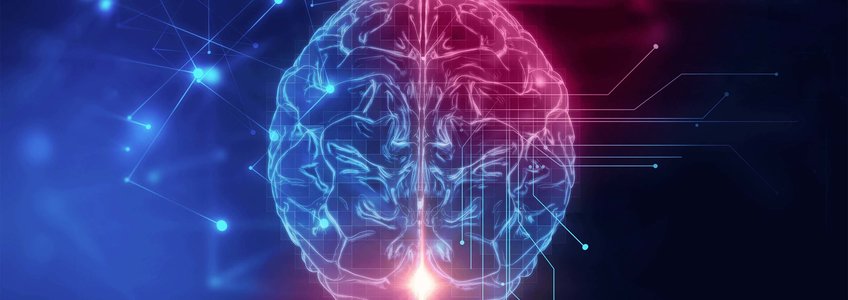Module I covers the main theories of cognition and the neural underpinnings of a variety of cognitive processes, as well as the research that led to those theories. Faculty and teaching in this module cover the major anatomical areas, functional neuroanatomy, and cognitive systems.
This will include the concepts of attention, perception, pain, language, memory, emotions, social cognition, and cognitive spaces. Learning and plas-ticity are a common theme cutting across several partners’ research. The development of the brain and cognitive capacity is another important area.
Advanced courses introduce a range of models on neuronal coding and cognitive mapping.
The cognitive neuroscience topics are complemented by research topics and teaching from more basic neurosci-ence domains. An introductory course on the basics of neuroscience lays the foundation for the student’s research project, allowing them to see the wider context. This course covers neuroanatomy, systems neuroscience, sensory systems, the motor system, and modulatory systems and introduces common methods used in basic neuroscience such as histology and microscopy.


